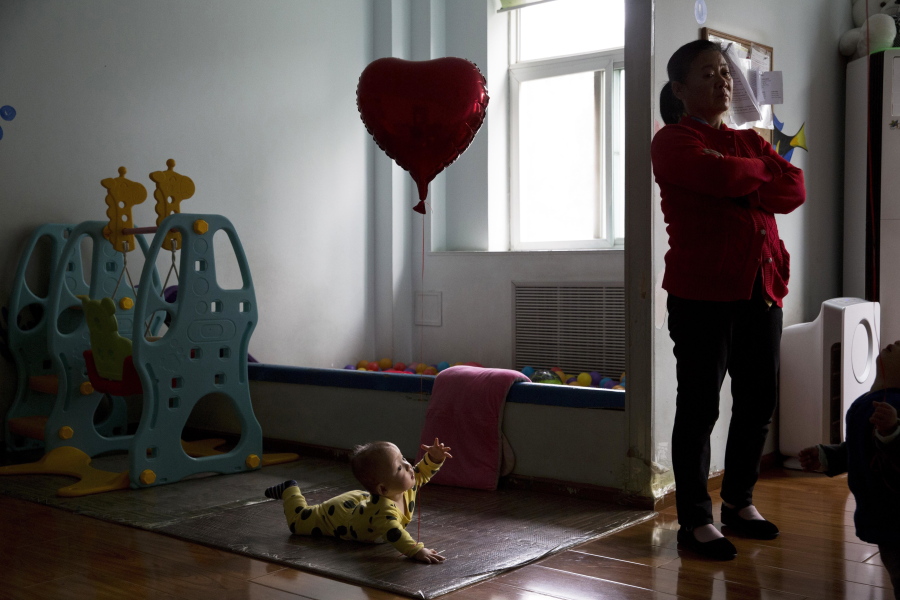NEW YORK — The number of foreign children adopted by U.S. parents dropped more than 12 percent last year, accelerating a decline that’s now continued for 13 years, according to new State Department figures.
Sharp drops in adoptions from China and Congo more than offset notable increases from many countries, including India, Colombia and Nigeria.
The department’s report for the 2017 fiscal year, released Friday, shows 4,714 adoptions from abroad, down from 5,372 in 2016 and nearly 80 percent below the high of 22,884 in 2004. The number has fallen every year since then.
China, as has been the case for several years, accounted for the most children adopted in the U.S. by far. But its total of 1,905 was down nearly 15 percent from 2016 and far below a peak of 7,903 in 2005.
Suzanne Lawrence, the State Department’s special adviser on children’s issues, attributed the lower numbers to increased interest in domestic adoption among China’s growing middle class. She also said new Chinese regulations affecting non-governmental organizations had disrupted partnerships involving some U.S. adoption agencies.
In 2016, Congo was second after China, accounting for 359 adoptions. The number fell to four in 2017 as the Congolese government — which has been concerned about adoption fraud — halted international adoptions pending a possible overhaul of regulations.
Replacing Congo as No. 2 in the new report was Ethiopia, accounting for 313 adoptions. It was followed by South Korea, Haiti, India, Ukraine, Colombia and Nigeria.
For a third straight year, there were no adoptions from Russia, which once accounted for hundreds of U.S. adoptions annually, but imposed a ban that fully took effect in 2014.



